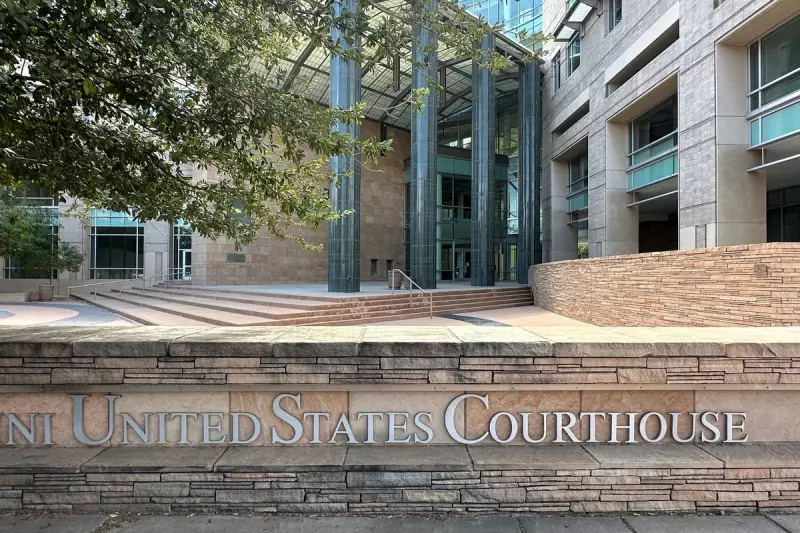
In a move that has sent shockwaves through the legal and humanitarian communities, the state of Arizona has threatened to report lawyers to the state bar for the 'crime' of providing legal counsel to vulnerable, unaccompanied migrant children.
The controversy centres on the Arizona Office of Refugee Resettlement, which oversees the care of migrant children in federal custody. The office issued a stern directive to non-profit legal groups, warning them that offering legal services to these minors without state authorisation could be considered the unauthorised practice of law.
A Chilling Effect on Humanitarian Aid
The directive has been widely condemned as an attempt to intimidate and block essential legal assistance for some of the most vulnerable individuals in the US immigration system. These children, often fleeing extreme violence and poverty in Central American countries like Honduras, have a legal right to seek asylum and other forms of protection.
Without legal representation, their chances of successfully navigating the complex immigration court system are drastically reduced. Advocates argue this threat creates a chilling effect, deliberately isolating children from their only lifeline to justice.
Officials Defend the Move
State officials have defended their position, claiming their primary concern is the 'safety and well-being' of the children. They posit that their own staff can connect the minors with necessary services, seemingly dismissing the critical, specialised role of immigration attorneys in legal proceedings that will determine the children's futures.
This stance has been met with incredulity by legal experts and rights groups, who see it as a blatant overreach and a misinterpretation of state law designed to stifle advocacy.
National Outcry and Potential Consequences
The situation in Tucson has ignited a national firestorm, drawing condemnation from prominent legal associations and human rights organisations. They accuse the Arizona office of exploiting legal technicalities to effectively deny children their right to counsel, a cornerstone of American justice.
The fallout from this directive could be severe, potentially setting a dangerous precedent for other states to follow and further eroding access to legal support for migrants across the United States.





